Search
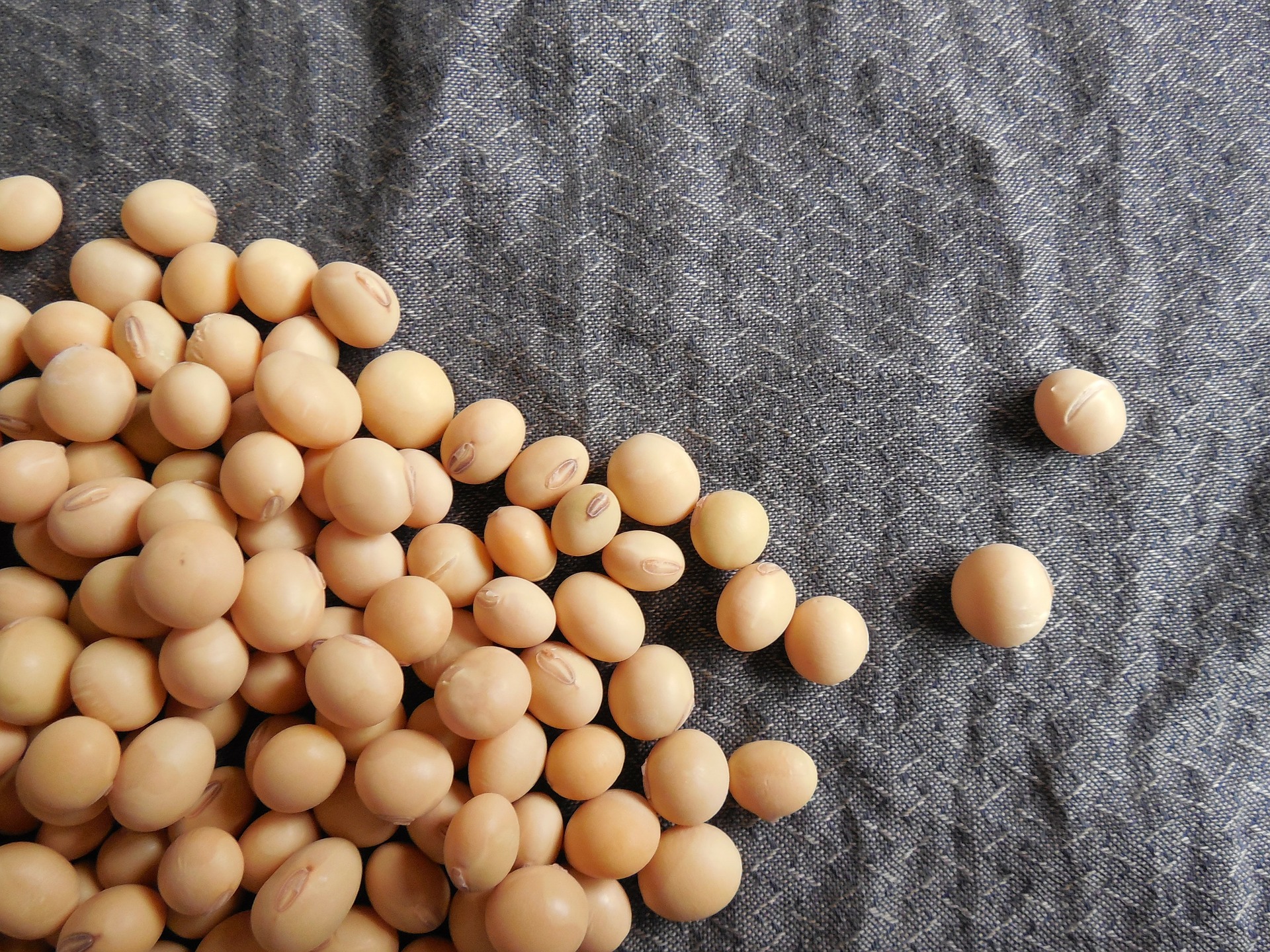
Want a Premium Price? Weed Control In NON-GMO Soybeans
Many emotions set in on farmers that hear the word “non-GMO”, but it could help them in times like today when prices are low for many farm products in South Dakota.
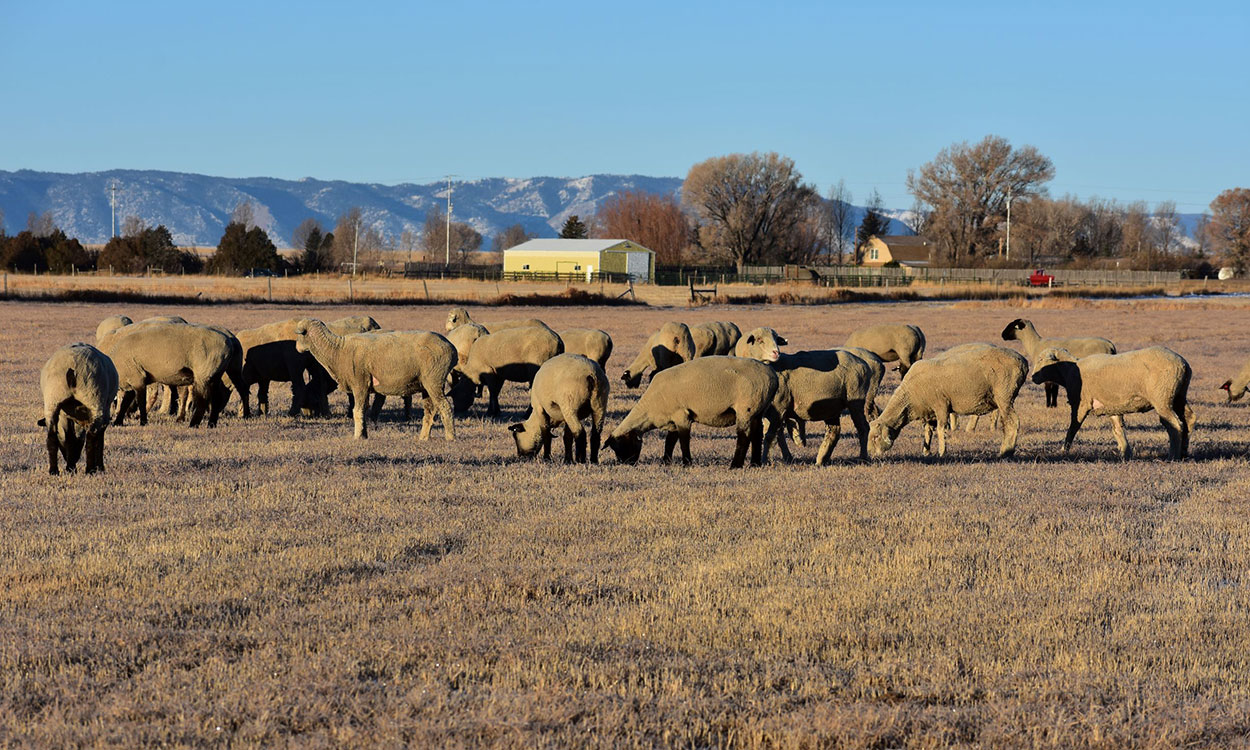
Multispecies Grazing: Benefits of Sheep Integration on Rangelands
Fact sheet about diversifying your operation to benefit your rangeland.
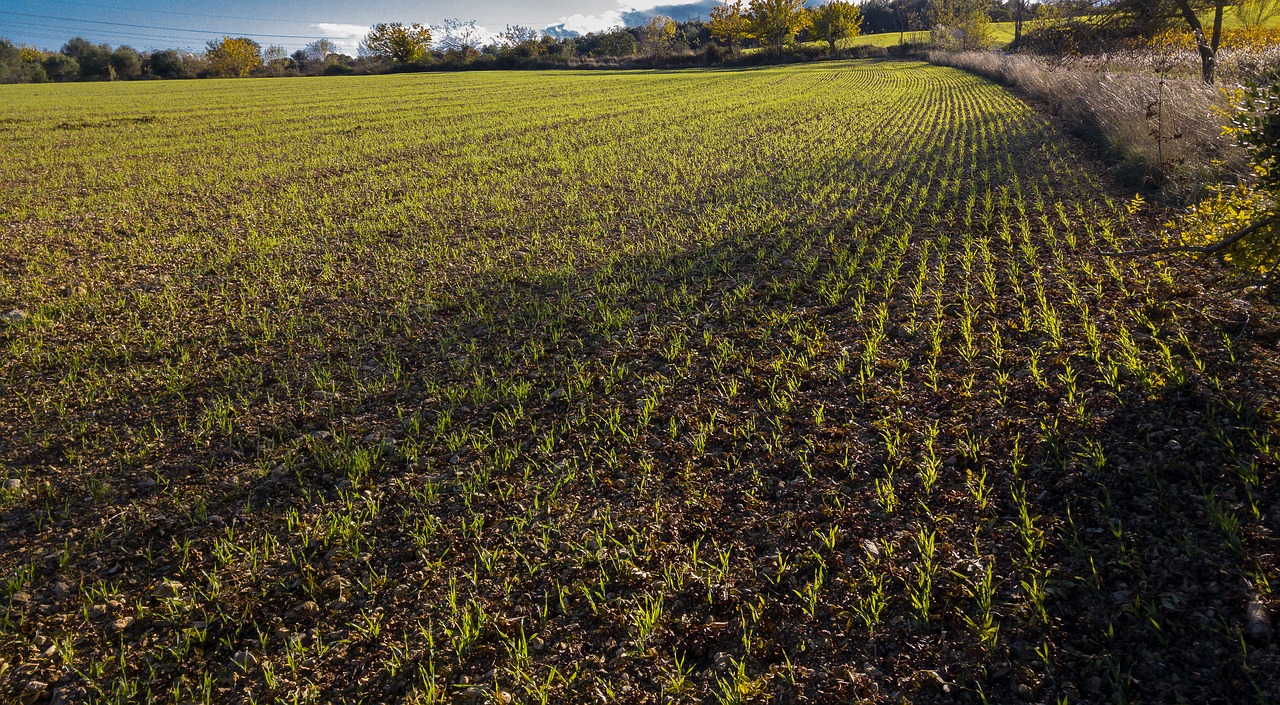
Double-Crop after Wheat?
Two crops in one year may sound tempting, and for some crop species is possible, but before doing so, producers should consider possible crops and compare the potential benefits with the drawbacks.
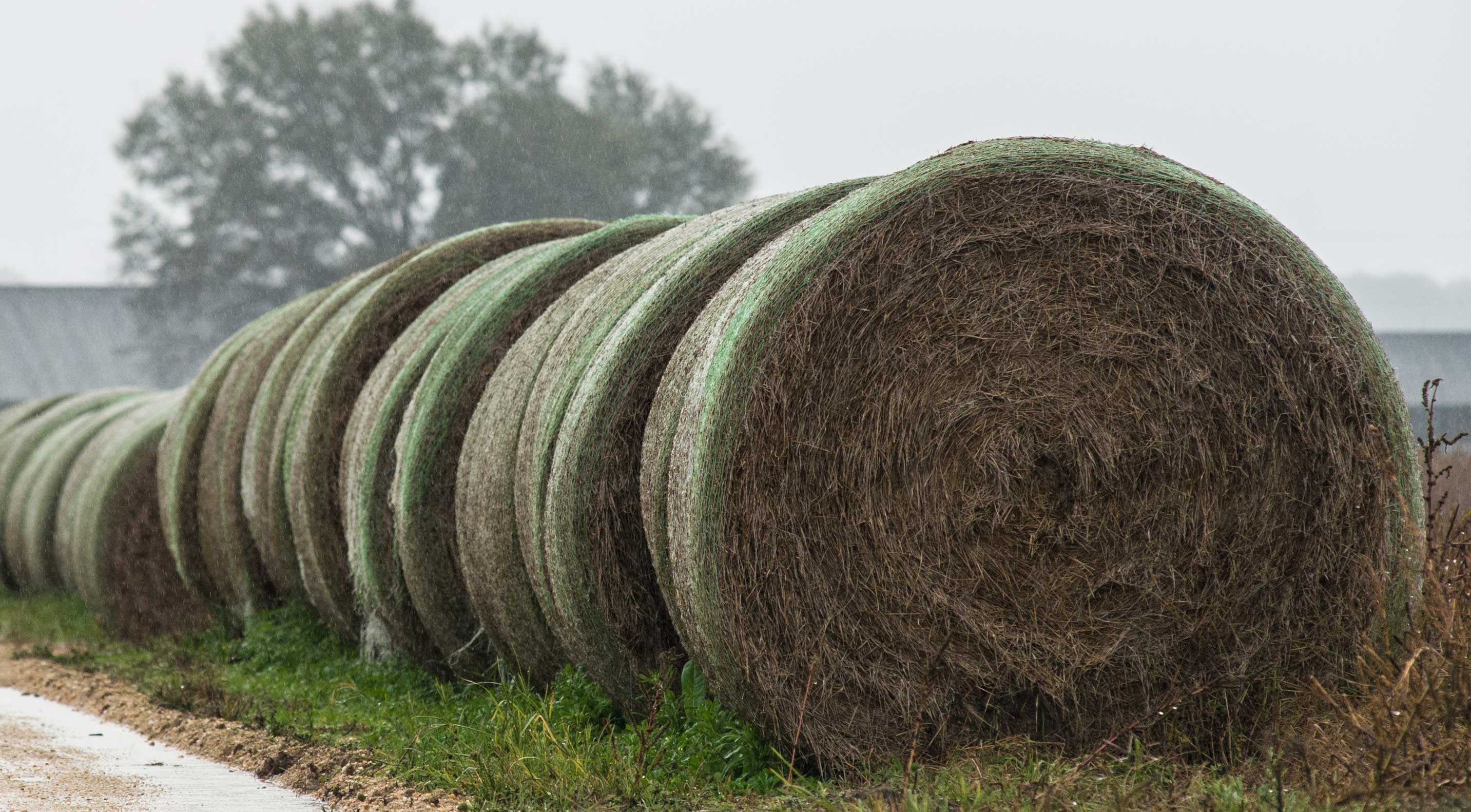
Round Bale Storage Conservation
Fact sheet discussing conservation of round bale storage.

Managing Salts in the Home Garden
Fact sheet about managing salts in your home garden.

Salt/Salinity Tolerance of Common Horticulture Crops in South Dakota
Fact sheet about salt/salinity tolerance of common horticulture crops.
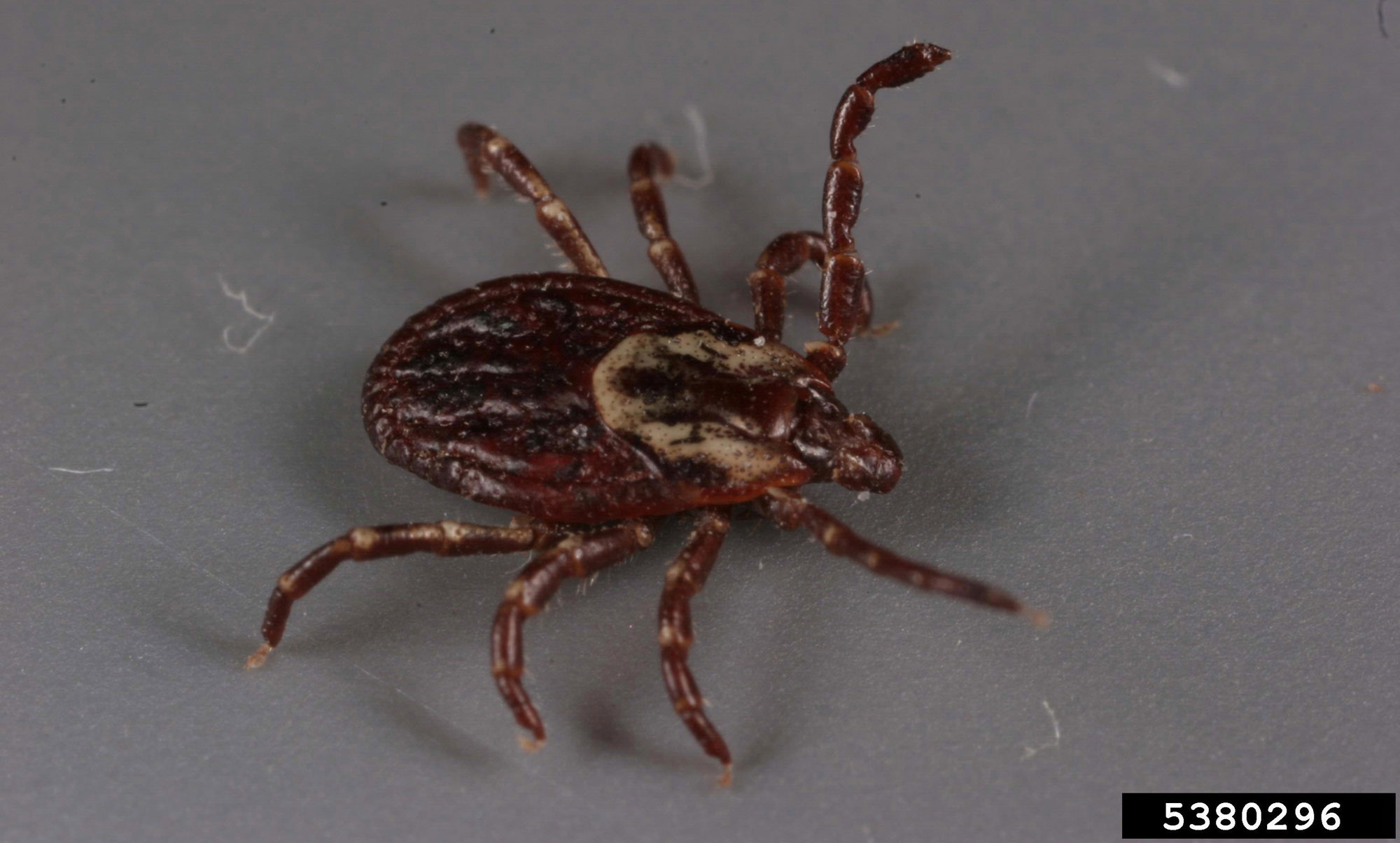
Ticks Becoming Active in South Dakota
The arrival of spring in South Dakota means warmer weather and more outdoor activities. However, it also brings an increase in tick activity.
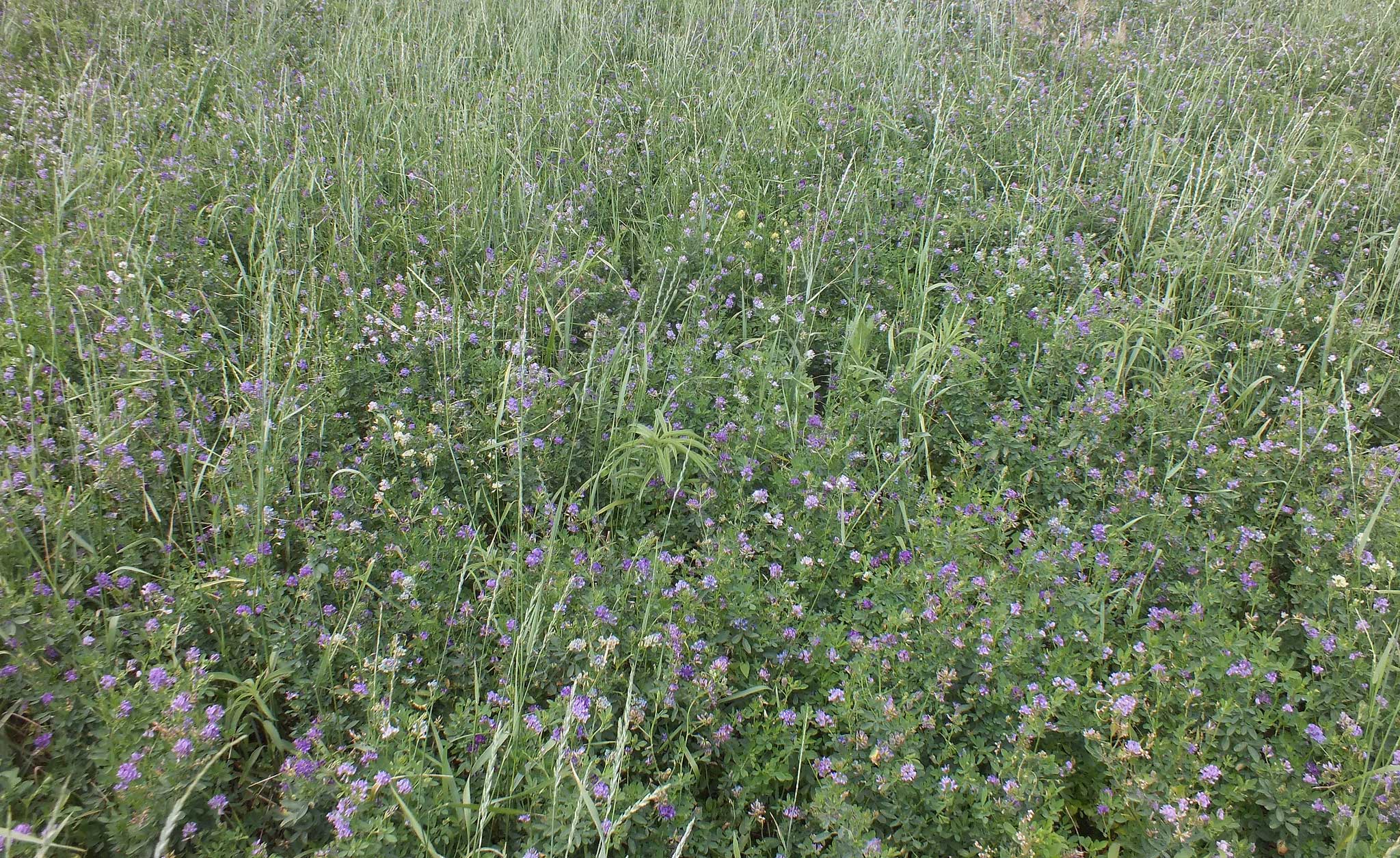
Precautions for Grazing Weevil-Infested Alfalfa
Alfalfa weevil populations are high this year, creating challenges for producers. Questions have arisen on how to get some value out of the forage by grazing it rather than putting it up for hay.

Barley Variety Trial Results
In 2019, Barley trial was planted at one location in South Dakota.
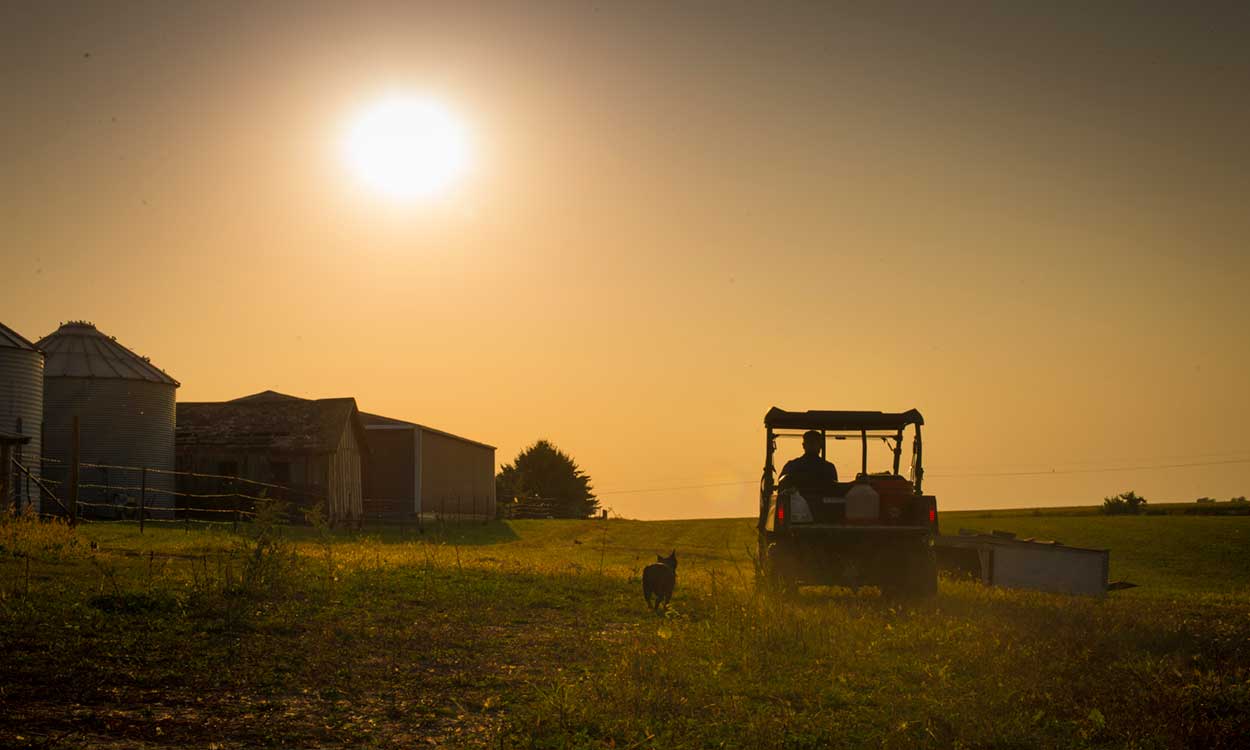
Use Caution When Fall Spraying Noxious Weeds in Pastures To Avoid Harming Desirable Plants
Noxious weed control is often a long-term process. In some cases, chemical application may be deemed necessary, but it should always be considered in the context of appropriate management and an integrated best management framework.